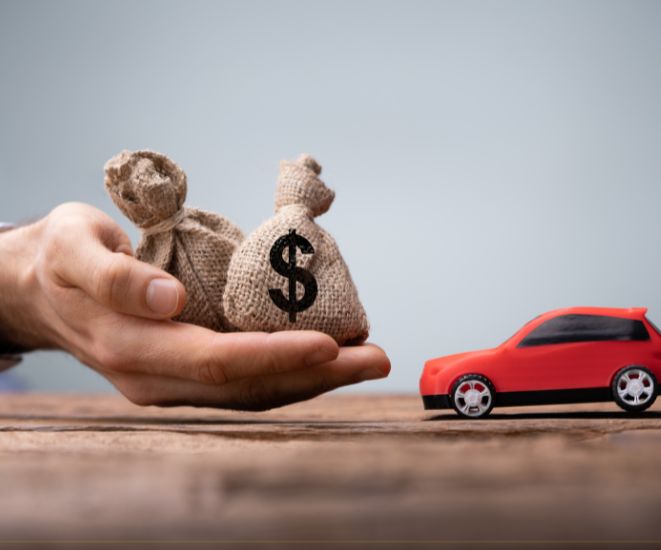Financing Your Needs
When you need money, you might think about taking out a loan. There are many types of loans, but two common ones are personal loans and car loans. Understanding the differences between these two loans can help you decide which one is best for you.
What is a Personal Loan?
A personal loan is a type of loan that you can use for many purposes. You can use it to pay for medical bills, home repairs, education or even a vacation. Personal loans can be secured or unsecured:
- Secured personal loans require you to put up an asset, like a car or savings account, as collateral. If you do not pay back the loan, the lender can take that asset.
- Unsecured personal loans do not require collateral. This means that the lender trusts you to pay back the loan based on your credit history and income.
Personal loans typically have a fixed interest rate, which means your monthly payments stay the same for the life of the loan. They usually come with terms ranging from one to seven years.
What is a Car Loan?
A car loan is specifically designed to help you buy a car. Like personal loans, car loans can also be secured or unsecured, but most car loans are secured. This means the car itself acts as collateral. If you do not make your payments, the lender can repossess your car.
Car loans usually have lower interest rates compared to personal loans because they are secured loans. The amount you can borrow often depends on the price of the car and your credit history. Car loans can have terms ranging from three to seven years.
Key Differences Between Personal Loans and Car Loans
Here are some important differences between personal loans and car loans:
- Purpose: Personal loans can be used for many things, while car loans are only for buying a car.
- Collateral: Car loans are usually secured by the car you are buying. Personal loans can be secured or unsecured.
- Interest rates: Car loans typically have lower interest rates than personal loans because they are secured.
- Loan amounts: Personal loans may allow for larger amounts, depending on your creditworthiness, while car loans are limited to the price of the car.
- Repayment terms: Both types of loans can have similar repayment terms, but car loans usually range from three to seven years, while personal loans can go up to seven years or more.
When to Choose a Personal Loan
A personal loan may be a good choice if you need money for something other than a car. For example:
- If you need to pay for home repairs or medical bills.
- If you want to consolidate credit card debt.
- If you need funds for a large purchase like furniture or a vacation.
Personal loans can help you manage various expenses without needing to specify what the money is for.
When to Choose a Car Loan
A car loan is the best choice if you want to buy a car. Here are some reasons to consider a car loan:
- If you have found a car you want to buy and need funds to do so.
- If you want lower interest rates because the loan is secured by the car.
- If you plan to keep the car for several years, which makes it easier to pay off the loan.
Choosing the Right Loan
Choosing between a personal loan and a car loan depends on your needs. If you need money for various expenses, a personal loan might be the right option for you. If your goal is to buy a car, then a car loan is likely the best choice.
Before making a decision, it is important to compare interest rates, repayment terms and loan amounts. Make sure to read all the terms and conditions of the loan. This way, you can choose the loan that fits your needs and budget. Remember to borrow wisely and only what you can afford to pay back. With careful planning, you can make the right choice for your financial situation.
